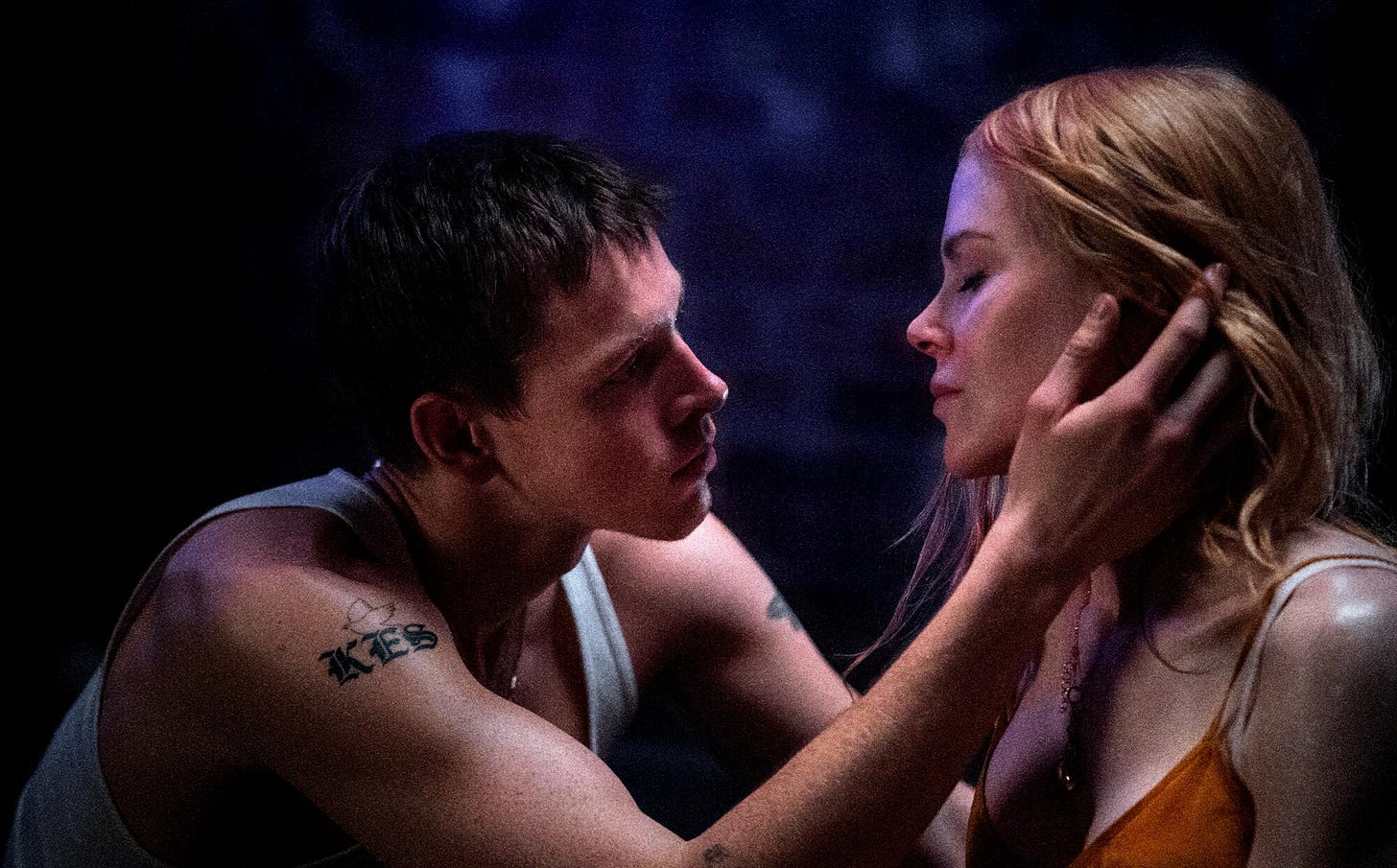Terry McMillan published How Stella Got Her Groove Back two years after I was born. The book follows Stella, a successful 42-year-old woman who flies to Jamaica to escape burnout and fall in love with a 21-year-old.
Power-hungry millennial libfems were still toddlers in diapers then, being raised by mothers who came of age when a Newsweek cover declared that single women over 40 had a better chance of being blown up by a terrorist than getting married. Women who love sex as much as they love power have been trying to make older women hot for a very long time now. It is entirely within my interest that they succeed.




